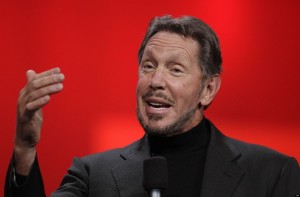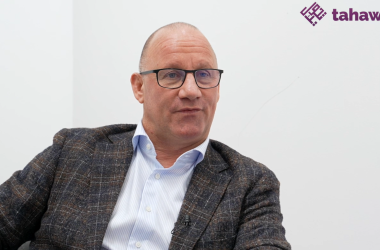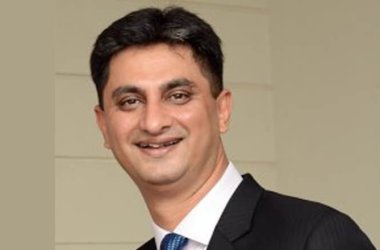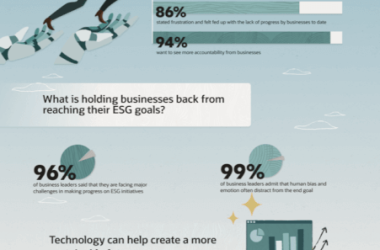 Oracle is gearing up to report its second-quarter earnings Wednesday and given the restrained expectations CFO Sandra Katz earlier set for key areas such as software revenue, Oracle’s results are sure to come under even more scrutiny than the tech bellwether already gets.
Oracle is gearing up to report its second-quarter earnings Wednesday and given the restrained expectations CFO Sandra Katz earlier set for key areas such as software revenue, Oracle’s results are sure to come under even more scrutiny than the tech bellwether already gets.
Here’s a look at some of the key questions that will be answered by Oracle’s report, as well as topics that may come up during the conference call with CEO Larry Ellison and other executives.
Software license growth: Oracle primarily remains a software vendor and derives the bulk of its revenue from the annual maintenance payments customers make.
Another key metric is new software license growth, which provides a strong indicator not only of the skills of Oracle’s sales team, but the confidence customers have in making new IT purchases.
During September’s earnings call, Catz warned that while Oracle’s sales “pipeline,” or backlog of potential deals, was looking “very exciting,” actual revenue growth could be modest and may even drop slightly.
Within the software discussion will likely come details of which Oracle applications are drawing new license and subscription sales. Of particular interest will be any updates on sales for Oracle’s Fusion Applications, which the company had heavily hyped for years but more recently has seemed to downplay.
Analysts will also want to know whether the major investments Oracle made in recent years acquiring vendors such as marketing software provider Eloqua are paying off.
Yet another area of interest in software will be early indications of the success of Oracle’s recently launched 12c database. Oracle database customers typically wait to upgrade until the second version of a major release, so it’s not likely Oracle will report major adoption just yet, but some indications of traction could be due.
Exadata and engineered systems: Whenever Ellison introduces a new member of Oracle’s “engineered systems” appliances, he does so with obvious relish while making claims about the product’s major performance advantages over rival products.
Ellison will likely do some chest-thumping on Wednesday’s call over the newly released fifth-generation version of the Exadata database machine, which the company says provides double the performance of past versions in many areas.
But eyes will also be on any signs Oracle is reversing its long slide in hardware revenues since the acquisition of Sun Microsystems. Oracle has long maintained it prefers to focus on the higher-margin engineered systems business, rather than sell commodity hardware. Engineered systems unit sales were up 60 percent year-over-year in the first quarter.
Still, in June Ellison said overall hardware revenue would start growing in Oracle’s current fiscal year.
Some might argue that top-line hardware revenue growth is less important when you consider how much money Oracle makes on the software licenses loaded into its specialised appliances. In addition, Oracle’s hardware support revenue actually grew last quarter even as overall hardware product revenue fell. Oracle is achieving strong “attach rates” on hardware support, co-president Mark Hurd said at the time.
Trash-talk tea leaves: It’s been said before but bears repeating: If you want to know which competitors Oracle is concerned about, just listen for whom Ellison bashes during company earnings calls.
It will be most interesting to see whether Ellison fires any arrows at Salesforce.com and its CEO Marc Benioff. Earlier this year, Ellison and Benioff seemed to bury the hatchet on their long-running public feud while announcing a new partnership that in part involves a long-term commitment by Salesforce.com to Oracle technologies.
Benioff even invited Ellison to Salesforce.com’s Dreamforce event in November, but Ellison didn’t show.
Salesforce.com made a big splash at Dreamforce with the announcement of Salesforce1, a major new version of its application development platform, and coined a new marketing message, “Internet of customers.”
On Wednesday’s call, Ellison may try to take down Salesforce.com a few pegs. Workday, SAP and Hewlett-Packard may also find themselves in Ellison’s cross hairs.





